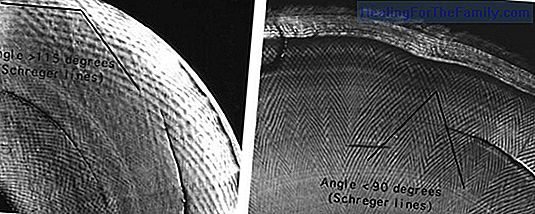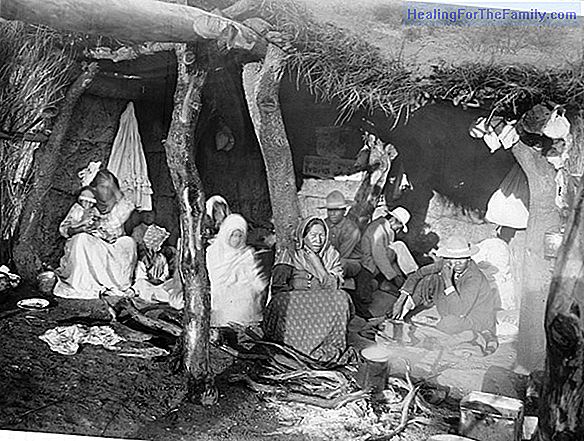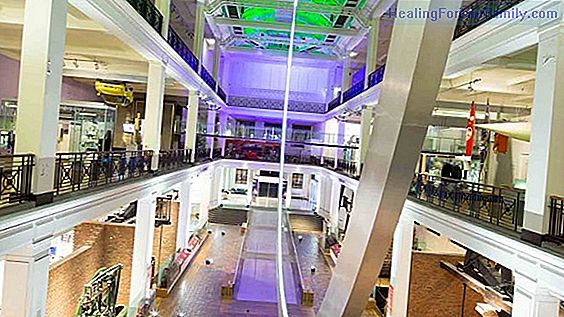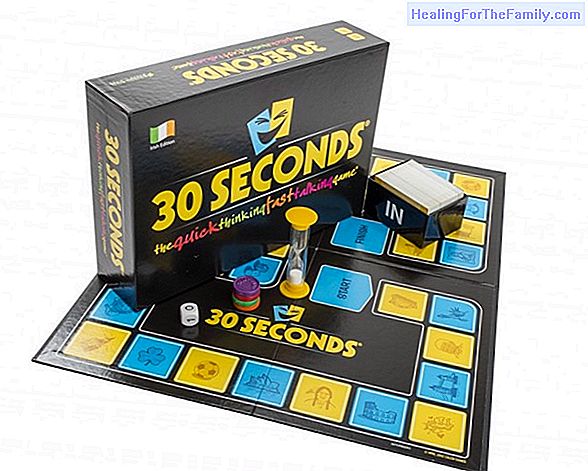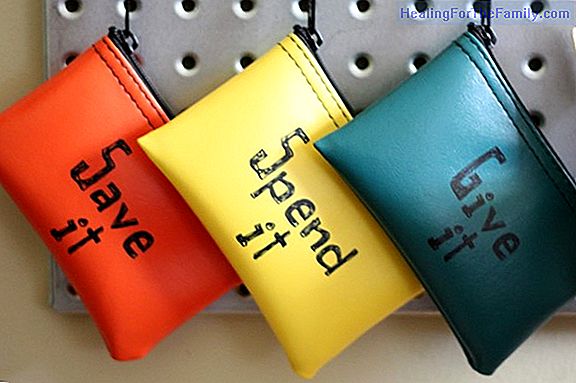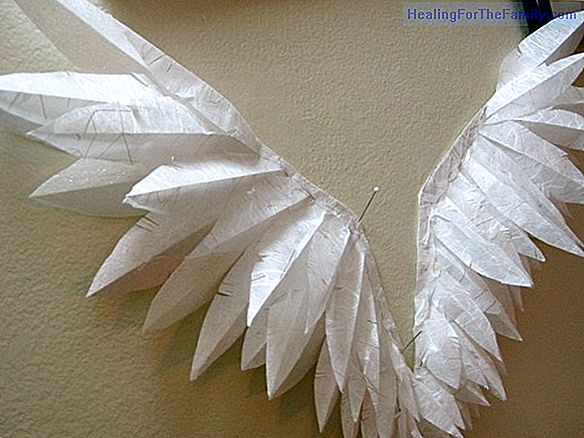Tips for traveling to Venice as a family
Venice is an exceptional destination for families with children. Nowhere else in the world does the unique structure of canals and streets of Venice blend with the charm of its monuments, museums and lifestyle. Plan your trip with children to Venice depending on how long you are going to be in this
Venice is an exceptional destination for families with children. Nowhere else in the world does the unique structure of canals and streets of Venice blend with the charm of its monuments, museums and lifestyle.
Plan your trip with children to Venice depending on how long you are going to be in this beautiful city. Check the holidays in Italy, keep in mind the documentation you will need for your trip and take note of the emergency telephone numbers, among other practical information so that everything goes perfectly during family vacations.
Tips before traveling to Venice
Climate
With cold and humid winters but dry and hot summers, the climate of Venice is continental temperate.
The best times of the year to travel to Venice are spring and autumn due to its mild temperature, but the greatest influx of tourists occurs during the summer when temperatures are high but bearable. During the hottest days of the year, in July or August, it can exceed 35ºC. However, the sun and good weather are not insured in Venice in any month of the year.
What to bring in your suitcase to Venice
Do not rely on good weather forecasts and include an umbrella or raincoats in your suitcase. Traveling with children to Venice requires a bit of everything: light clothes for good weather, sweaters for when cool, comfortable shoes, sunglasses or visors if we travel in summer -even sunscreen cream-, etc.
A small backpack to carry a bottle of fresh water or a piece of fruit will also be useful between visits.
Venice business hours
Restaurants in the tourist areas of Venice are open practically all day.
Most stores open every day -except on Sundays- from 9:00 a.m. to 1:30 p.m. and from 4:00 p.m. to 7:30 p.m.
In the most tourist areas, however, some stores open even on Sundays and noon.
Museums usually rest on Mondays. The rest of the week they open approximately from 09:00 to 18:00 hours.
The currency of Italy
Italy belongs to the European Union and its legal currency is the European currency: the euro (€).
The euro, which consists of 100 cents, has coins and bills. The coins are: 1 cent, 2 cents, 5 cents, 10 cents, 20 cents, 50 cents, 1 euro and 2 euros.
The European currency bills are: 5 euros, 10 euros, 20 euros, 50 euros, 100 euros, 200 euros and 500 euros.
In Venice you can pay by credit card (Visa, MasterCard ...) in almost all establishments or withdraw money at any of the multiple ATMs.
If you need to exchange currency you can do it in the banks of Venice, as well as in the establishments destined to currency exchanges.
Language of Italy
Italian is the official language of Italy. It is a Latin language and has many similarities with the Spanish language. Therefore, to communicate in Venice you will not need to know how to speak Italian, but you will have to put a little interest to make you understand.
Being a very tourist city you can also understand yourself speaking in English.
Plugs and electricity in Italy
As in most of Europe, the electric current in Italy is 220 volts. With respect to the plugs, the ones used are the same as those used in Spain: two rounded pegs.
Medical assistance and Police
If you are a European citizen, do not forget to take the European health cards of the whole family, as health care in Italy is free for citizens of the European Union who carry such a card.
If you are not, find out about the different travel insurance options, before starting the holidays, since traveling with children is an adventure and it is better to be cautious.
For medical emergencies you can call the European emergency number 112, or 118, the number of medical emergencies for Italy.
To contact the Police or Carabinieri dial 113 or 112.
Documentation and visas to travel to Italy
Travelers residing in the European Union only need a valid ID card to travel to Italy.
The rest of the travelers will need a valid passport and, depending on their country of origin, they may also have a visa. If this is your case, consult with the Italian embassy of your country.
Holidays
• New Year: January 1.
• Epiphany: January 6.
• Easter: (variable date).
• Easter Monday: first Monday after Easter.
• Liberation Day: April 25. Celebration of the end of Nazism.
• Labor Day: May 1st.
• Feast of the Italian Republic: June 2.
• San Giovanni: June 24. Day in honor of the patron saint of Florence.
• Day of the Assumption: August 15.
• Feast of All Saints: November 1.
• Immaculate Conception: December 8.
• Christmas: December 25th.
• San Esteban: December 26th.



